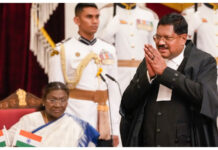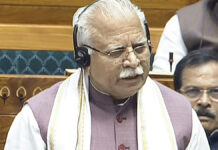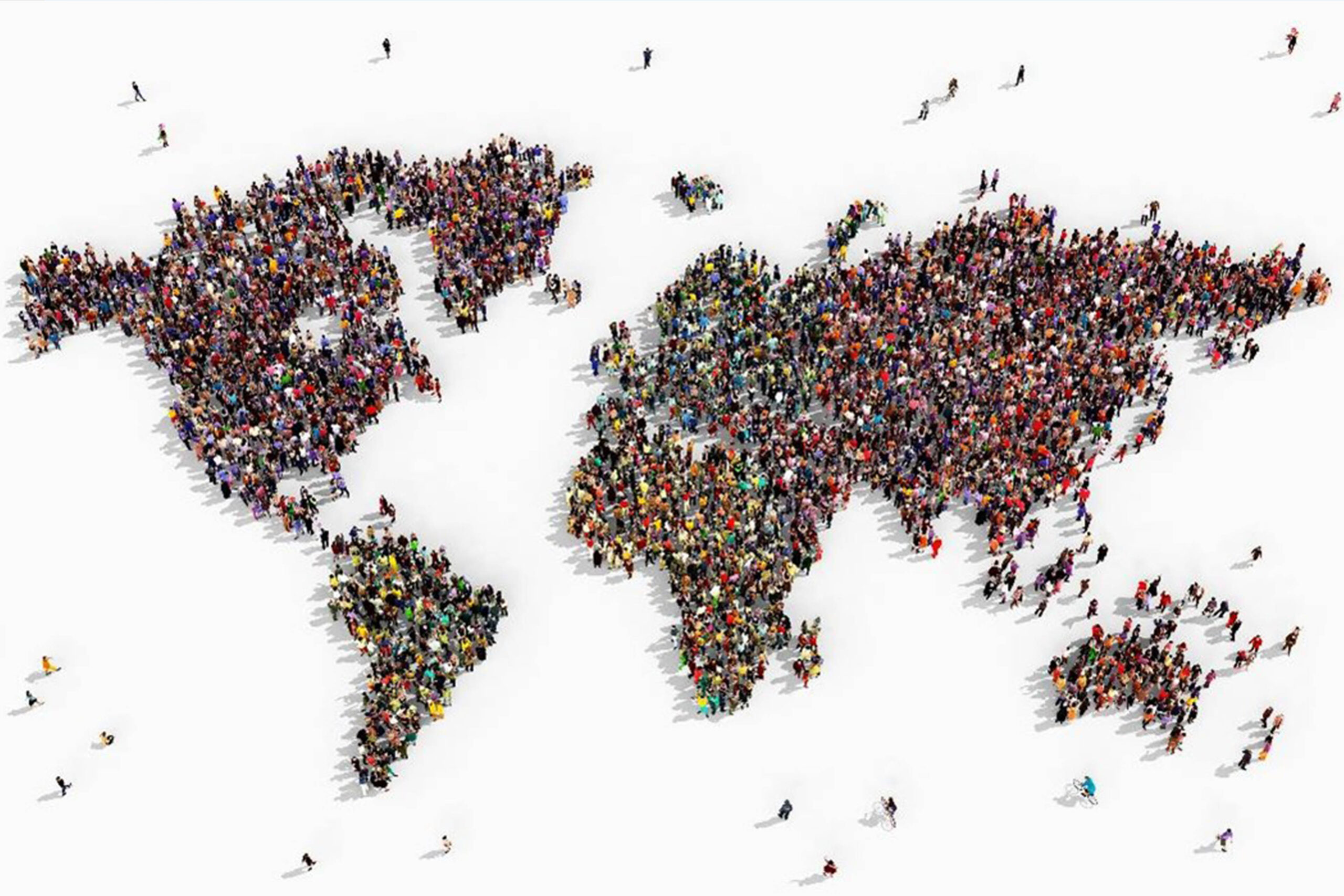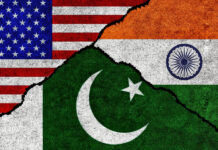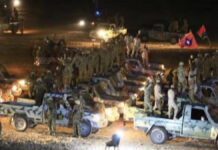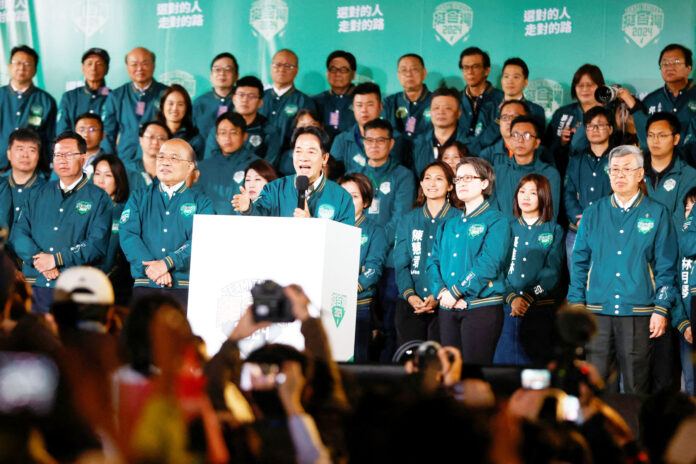Taipei, Mar 1
Taiwan is facing a steady “drip, drip” of Chinese pressure ahead of the inauguration of its next president in May, with officials in Taipei fearing Beijing could further squeeze the island’s room to manoeuvre without resorting to direct conflict.
Since current Vice President Lai Ching-te won the presidency in January — China views Lai as a separatist — Beijing has snatched away a diplomatic ally, altered an air route in the narrow Taiwan Strait, and begun regular coast guard patrols around the Taiwan-controlled Kinmen islands, which hug the Chinese coast.
China claims democratically governed Taiwan as its own territory, over the island’s strong rejections.
Visiting Taipei last week, US Representative Mike Gallagher, chairman of the US House of Representatives select committee on China, said Beijing’s patrols around Kinmen, which is a short ferry ride from the Chinese cities of Xiamen and Quanzhou, were part of a pattern of steady pressure on Taiwan.
“It is a salami-slicing effort; they are slowly turning up the rheostat,” he said, referring to a resistor used to control an electric current.One foreign official tracking security matters in the region described what was happening as a “drip, drip” of pressure, keeping up the message that Beijing does not like Lai, but without holding war games — as it has twice around the island in the past year and a half — or forcing direct military confrontation. “It’s part of the pattern of gradually altering the status quo in the Taiwan Strait, seeing what they can get away with and shifting to a new normal, restricting Taiwan’s space to move,” the source said, speaking on condition of anonymity because of the sensitivity of the matter.
China says the coast guard patrols are to ensure the safety of its fishermen. Two Chinese fishermen died last month trying to flee Taiwan’s coast guard aftear approaching too close to one of Kinmen’s heavily fortified islets.
Asked on Wednesday whether the Kinmen tensions were part of China’s pre-inauguration pressure on Lai, a spokesperson for China’s Taiwan Affairs Office did not answer directly, reiterating China’s right to the coast guard patrols. “Both sides of the Taiwan Strait are part of one China, and Taiwan is a part of China,” Zhu Fenglian said.
China says it alone has sovereignty over the Taiwan Strait, and that it also recognises no “off limits” waters for its fisherman around Kinmen. Taiwan strongly rejects China’s territorial claims.
Li Zhenguang, a Taiwan expert at Beijing Union University, told China’s official Xinhua news agency this week that it was up to China to “firmly grasp the initiative” when it came to dealing with Taiwan, and that asserting jurisdiction around Kinmen was a necessary step on the road to “reunification”.
Taiwan has complained for four years of stepped-up Chinese military action, such as fighters regularly flying over the strait as part of a “grey zone” strategy to wear down Taiwan with activities that stop short of a full-blown conflict.
A senior Taiwan official familiar with the island’s security planning said that Beijing is exerting pressure “day in and day out” ahead of Lai’s inauguration speech on May 20, and that the Kinmen situation was another “grey zone” tactic.
“We will not go along with their political plots and escalate tensions,” said the official, who declined to be named because of the sensitivity of the issue.
Taiwan’s Ocean Affairs Council Minister Kuan Bi-ling, whose department runs the coast guard, this week drew a parallel to what was happening around Kinmen and China’s regular sovereignty-asserting patrols around islets in the East China Sea that Beijing, Tokyo and Taipei all claim as theirs.
“It is China trying to take the Diaoyutai method and apply it to the Kinmen-Xiamen waters, which we really, really cannot accept,” she said, using Taiwan’s name for the islets China calls the Diaoyu and Japan the Senkaku.
Tensions around Kinmen, however, appear unlikely to ease anytime soon, as government representatives from both Taiwan and China this week continued negotiations on how to settle the incident. Families of the dead have asked for compensation and an apology from Taiwan authorities.
A senior Taiwan official dealing with the incident in Kinmen said Taiwan will not apologise, as doing so would make future Taiwan law enforcement there difficult.Taiwan’s armed forces have left the handling of the dispute so far to the coast guard, whose Kinmen fleet of 16 boats patrols there rather than the navy, signalling they don’t want an escalation.
Asked on Tuesday what the response would be if China’s coast guard “overdid it”, Taiwan Defence Minister Chiu Kuo-cheng said they don’t want conflict. “Avoiding war is not to shirk it.
We have rules for combat preparation, but we don’t want it to happen,” he said.
Home News International Taiwan faces steady ‘drip’ of pressure as China tightens pre-inauguration squeeze






